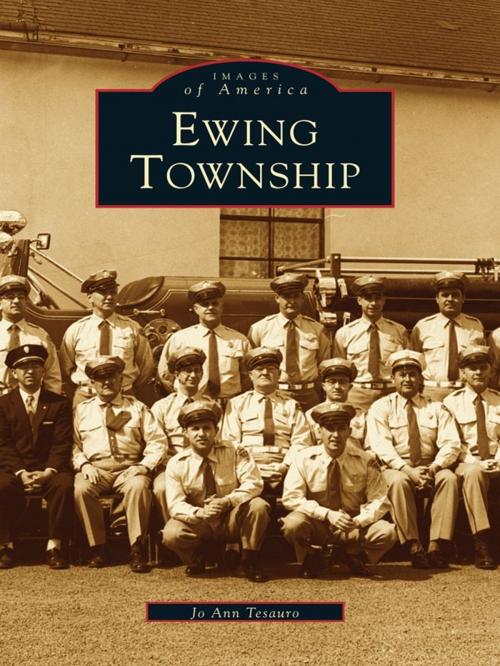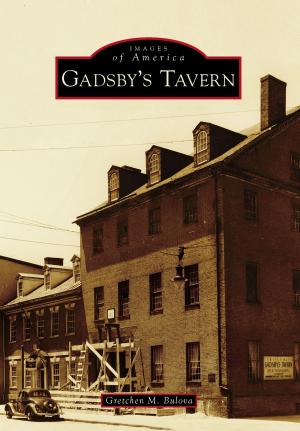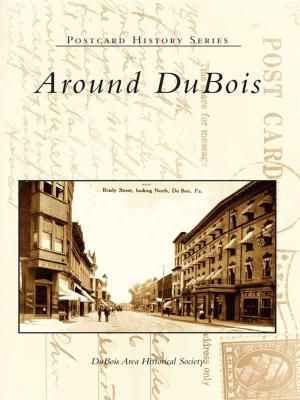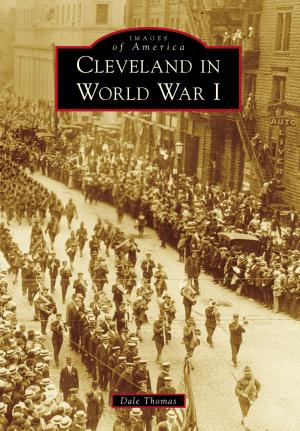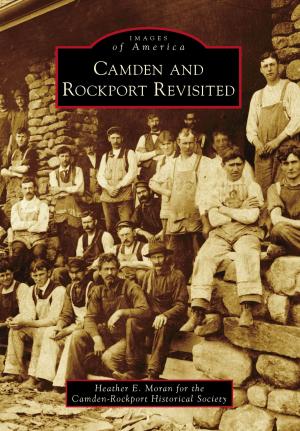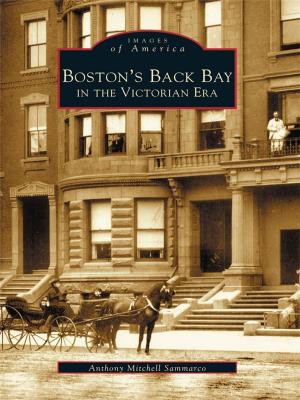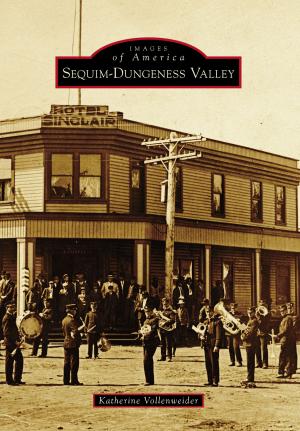| Author: | Jo Ann Tesauro | ISBN: | 9781439611579 |
| Publisher: | Arcadia Publishing Inc. | Publication: | September 10, 2002 |
| Imprint: | Arcadia Publishing | Language: | English |
| Author: | Jo Ann Tesauro |
| ISBN: | 9781439611579 |
| Publisher: | Arcadia Publishing Inc. |
| Publication: | September 10, 2002 |
| Imprint: | Arcadia Publishing |
| Language: | English |
The origin of Ewing Township is directly attributed to Thomas Hutchinson, an English Quaker who purchased property c. 1676 to help colonize America. By 1687, Hutchinson owned almost thirty percent of today's Ewing Township. In the early days, many settlers were drawn to the area because of its proximity to the Delaware River and its untouched landscape. Once industry arrived, bringing the trolleys and railroads, Ewing began to grow. The vintage photographs Ewing Township depict the progress from the community's early history of dairies, taverns, and a railroad station to its more recent history, which boasts three fire stations, General Motors, and the Trenton-Mercer Airport. Ewing Township will delight the reader with little-known historical facts about the area. Included are the route of Washington's troops on the way to the battle of Trenton and the Revolutionary War soldiers still lurking around West Trenton two hundred years after the battle. Explored are historic buildings, such as the Ewing Presbyterian Church, which was originally built using logs in 1712. This history also glances at the various people who made Ewing Township unique, including Dorothea Dix, who built and later lived in the Trenton Psychiatric Hospital.
The origin of Ewing Township is directly attributed to Thomas Hutchinson, an English Quaker who purchased property c. 1676 to help colonize America. By 1687, Hutchinson owned almost thirty percent of today's Ewing Township. In the early days, many settlers were drawn to the area because of its proximity to the Delaware River and its untouched landscape. Once industry arrived, bringing the trolleys and railroads, Ewing began to grow. The vintage photographs Ewing Township depict the progress from the community's early history of dairies, taverns, and a railroad station to its more recent history, which boasts three fire stations, General Motors, and the Trenton-Mercer Airport. Ewing Township will delight the reader with little-known historical facts about the area. Included are the route of Washington's troops on the way to the battle of Trenton and the Revolutionary War soldiers still lurking around West Trenton two hundred years after the battle. Explored are historic buildings, such as the Ewing Presbyterian Church, which was originally built using logs in 1712. This history also glances at the various people who made Ewing Township unique, including Dorothea Dix, who built and later lived in the Trenton Psychiatric Hospital.
